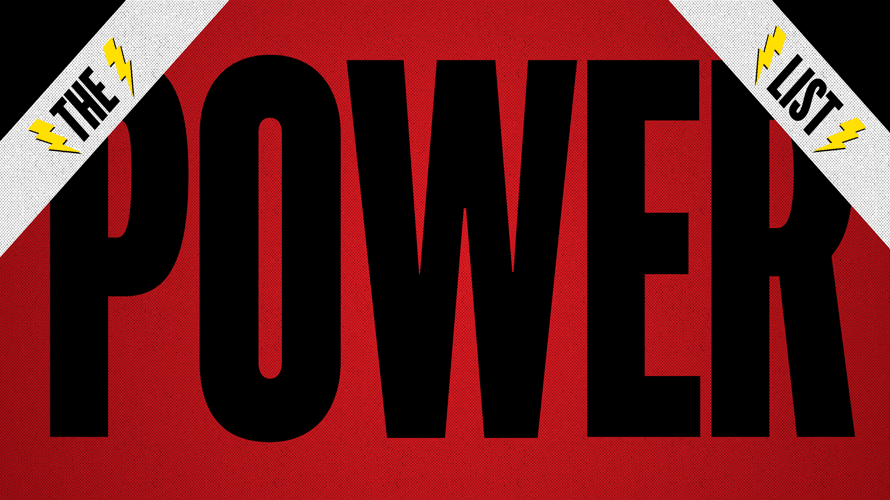Inspiration meets innovation at Brandweek, the ultimate marketing experience. Join industry luminaries, rising talent and strategic experts in Phoenix, Arizona this September 23–26 to assess challenges, develop solutions and create new pathways for growth. Register early to save.
This year’s installment of The Power List, our fourth annual ranking of the top players across advertising, marketing, media and tech, sees Amazon’s Jeff Bezos return to the prime position, placing first for the second straight year. He outpaced Alphabet’s Larry Page (No. 2) and Facebook’s Mark Zuckerberg (No. 3)—though all three continue to drive us headlong into the future. It’s also worth noting that, for the first time, no holding company chiefs placed among the top 10, while honchos at consultancies, CRM firms, cloud providers and gaming concerns came on strong.

WORK SMARTER - LEARN, GROW AND BE INSPIRED.
Subscribe today!
To Read the Full Story Become an Adweek+ Subscriber
Already a member? Sign in
